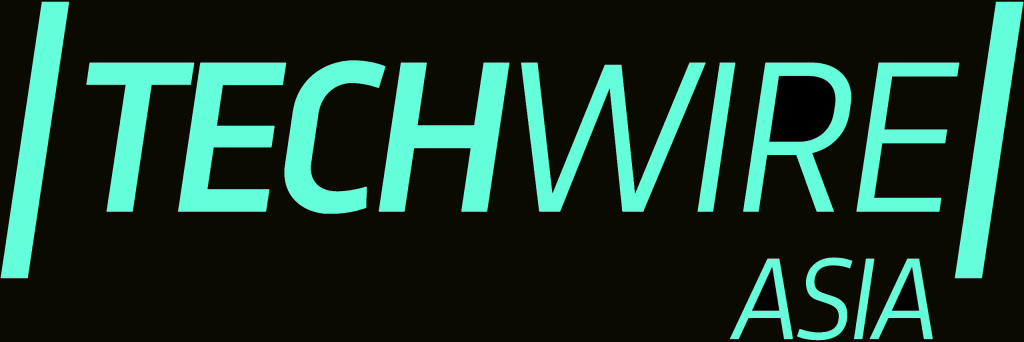| Getting your Trinity Audio player ready... |
Oracle has hit headlines this month across the globe, with news it is shutting down its ads business. The company revealed revenue declined to US$300m in the 2024 fiscal year, compared to US$2bn in 2022.
So what does this departure from adland signal to the industry? And how should all those thousands of brands and enterprises affected prepare for the future? We spoke with key industry leaders to find out.
Growth by acquisition
In the early days, it was reported Oracle spent billions on entering the advertising game, acquiring nearly a dozen adtech companies over a decade. These included data firms DataLogix, bought in 2014 for US$1.2bn, and brand safety platform Moat, purchased in 2017 for a reported US$850m.
“Oracle acquired several ad tech companies (2014-2017) focusing on data supply, including Datalogix, Moat, BlueKai, Grapeshot, and Crosswise,” said Sam Bessey, Lead Solutions Consultant at Amperity. “Their strategy emphasised being a data platform rather than focusing on first-party data or inventory.”
Jonathan Reeve, Vice President APAC at Eagle Eye, agreed growing by acquisition rather than organically was one of the biggest challenges Oracle faced, especially given the fast-paced nature of the adtech landscape that needs frictionless systems and processes to function.

“We often see a cultural clash due to different work styles, communication methods, and company values which can create friction and ultimately lead to key team members [leaving the] the acquired business,” he explained.
“There is also the technical challenge of merging the technology and processes, with different systems, data formats, and workflows needing to be integrated to avoid operational disruptions for clients. As Oracle has found, this can be expensive, time-consuming, and require significant technical expertise which distracts from the core business.”
Lost through the shifting sands of adtech times
According to Juan Mendoza, CEO and Founder of The Martech Weekly, Oracle pulling back from the advertising industry is no surprise given the raft of acquisitions without completely adapting and shape-shifting to meet modern data privacy needs.
Mendoza is no stranger to the Oracle adtech saga. He’s an Australian entrepreneur based in Melbourne and worked for The Lumery, Conversionry and Fusion MusicTech before starting a marketing and technology newsletter The Martech Weekly (TMW).

“We’re not surprised by Oracle’s pull back from the advertising industry in the slightest,” he said. “The fracturing advertising landscape is creating opportunities for different types of adtech, such as Data Collaboration Platforms, to make a play for advertisers that are struggling through signal loss. Perhaps Oracle was burnt by the shifting sands of adtech too many times to consider repurposing any of its adtech acquisitions for the privacy-compliant world of today.”
Reeve agreed that the growing impact in martech of data privacy restrictions and regulatory hurdles hit Oracle hard. “These changes at Oracle reflect wider trends and we’re going to see many more significant changes over the next couple of years,” he said.
“Changes in data privacy regulations and user tracking limitations made it harder for Oracle to compete in the adtech market,” Reeve added. “Stricter regulations like the European Union’s General Data Protection Regulation (GDPR) further restricted Oracle’s adtech ambitions. We’re likely to see continued fallout from these changes, especially Google’s postponed phasing out of third-party cookies in its Chrome browser.”
How to prepare for the aftermath
So the list of changes goes on. Adapting to Apple’s IDFA changes, Meta’s third-party data access restrictions, privacy regulations (GDPR, APP, CCPA) and the shift towards Meta and Google for audience building are just the tip of the iceberg of shifts Oracle had to face, highlights Bessey. So what does Oracle shutting its ad business mean for local customers across APAC?
Sam Bessey said, “The impact on customers includes potentially reduced ability to connect, target, and measure using second and third-party signals, as well as an increased focus on first-party data assets.”
According to Bessey, companies recognise the importance of building robust first-party data assets in an increasingly privacy-focused landscape. In response to Oracle’s announcement, companies are adopting strategies that range between two main approaches:
- Replace Oracle tools with alternative DMPs and digital identity services. Those without a solid first-party data asset will have to choose this path.
- Explore new approaches: retail media networks, data clean rooms, and increasingly targeted direct onboarding to ‘walled garden’ platforms, as these are normally some of the strongest performing channels.
- Those without a solid first-party data asset can explore these rich opportunities.
“Ultimately, organisations with robust first-party data assets will have the most flexibility and adaptability in this evolving landscape,” Bessey concluded. “Shifting focus on a first-party data strategy can be achieved several initiatives such as retail media networks and data clean rooms.”







